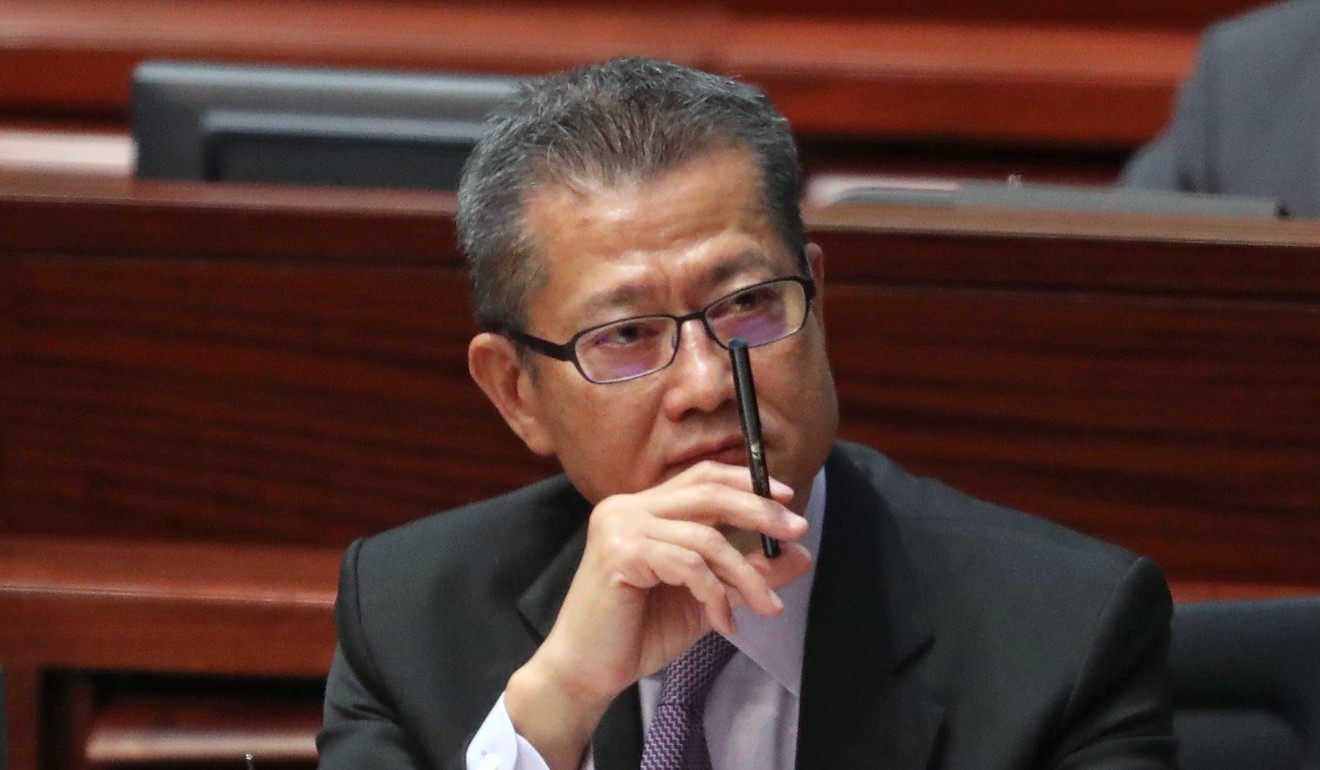Advertisement
Advertisement

Hong Kong should be encouraging electric vehicle use, not curbing it
Ken Chu says the Hong Kong government is making a mistake by capping first registration tax waivers for electric vehicles, especially when it ought to be promoting EVs for cleaner air, given the global trend away from petrol and diesel
When the Hong Kong government announced a cut in first registration tax waivers for private electric vehicles this year, a spokesperson at the Environmental Protection Department said the new regime accounted for “substantial growth of the private car fleet in the last few years” and worsening congestion.
Electric vehicles (EVs) have certainly grown in popularity due to improved technology and sleek designs, despite there being too few charging stations here. In 2011, there were only 69 EVs in the city but the number had topped 10,500 by early 2017, according to government statistics. Still, they account for just 1.3 per cent of total vehicles on Hong Kong roads. How, then, can we blame them for worsening traffic problems?
Hong Kong should instead boost EV use. The rise of such vehicles is inevitable: a growing number of countries are preparing to phase out petrol and/or diesel cars in the near future, and many driverless vehicles will be electric, as championed by Tesla.
Explained: China’s path to electric car supremacy
China to account for half of global electric vehicle sales until 2030
Then there’s the air quality factor. In 1994, the government decided to waive the first registration tax on EVs to encourage the switch from petrol-powered vehicles to combat our city’s notorious air pollution, often cited as a big factor deterring foreign talent from living here. Perhaps our recent dip in the IMD Global Talent Competitiveness rankings reflects this. Talent drain will surely hinder efforts to foster innovation and technology development.
However, if the government is determined to promote the use ofenvironmentally friendly electric cars, it must address the insufficient number of charging stations in the city. Unlike in, say, the United States, where private charging facilities can be installed in private garages or backyards, most drivers in Hong Kong have to go to public car parks to recharge vehicles, and an insufficient number of public car parks means they often have trouble finding public charging stations.

Put electric vehicle goal back on track
Currently, there are about 1,000 charging stations throughout Hong Kong, or one for every 13 EVs. However, the public car park spaces for some of these charging bays are often occupied by non-EVs. Maybe we can turn this into an opportunity by bringing together the government, the innovation and technology sector and tertiary institutions to develop new EV battery technology.
Electric vehicles are here to stay, in light of rapid advances in driverless technology and because they are instrumental in promoting a healthier environment. Therefore, Financial Secretary Paul Chan Mo-po should reconsider his decision to slash the tax waiver on EVs. Dissenting voices will say this measure is a disguised subsidy to the rich, but public health care costs will be reduced for everyone if they inhale less polluted air.
Dr Ken Chu is group chairman and CEO of the Mission Hills Group and a National Committee member of the Chinese People’s Political Consultative Conference
This article appeared in the South China Morning Post print edition as: Push use of electric vehicles

Post
